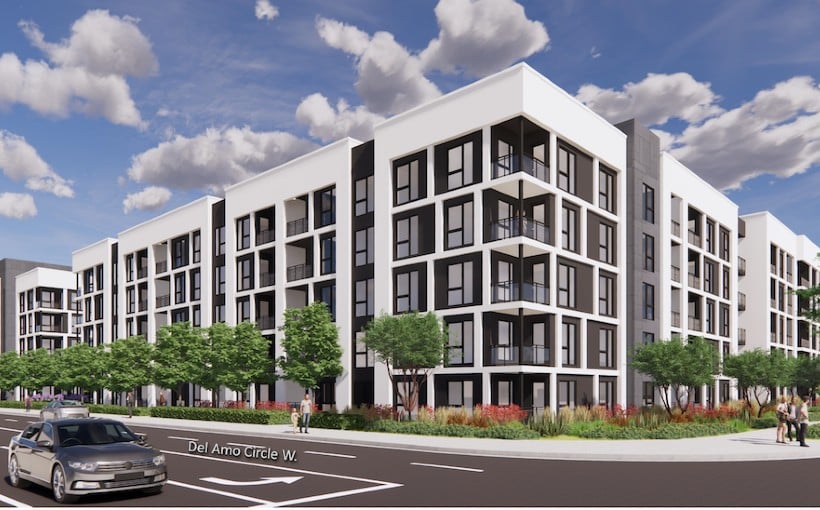**The Multifamily Fraud Problem and Strategies to Combat It: Q&A with Caren Maio**
According to the National Multifamily Housing Council, 93.3% of apartment owners and operators have experienced some form of application, financial, or identity fraud. This growing issue leads to elevated operational costs—burdens that can ultimately be passed to honest tenants through increased rents.
Caren Maio, CEO and Co-Founder of 100, a software platform dedicated to preventing fraud in multifamily housing, is leading efforts to address this crisis. Maio is also part of the newly launched 100x alliance, which brings together experts from multifamily housing and technology to tackle the problem head-on.
In a recent conversation with Connect CRE, Maio shared her insights on the complexities of fraud in the sector and how best to mitigate its impact.
**Connect CRE: What is the definition of fraud in multifamily housing?**
**Caren Maio:** Fraud in this sector involves deceptive practices aimed at gaining unauthorized access to housing, dodging financial responsibilities, or exploiting processes. This includes activities like theft, identity falsification, and misrepresentation of finances or background information.
Rental fraud isn’t just a paperwork issue—it’s a crisis of trust. People are intentionally misrepresenting themselves to manipulate the system.
While fraud itself isn’t new, the scale and sophistication behind it are unprecedented. What used to be one-off incidents are now widespread threats. For example, a single eviction due to fraud can cost as much as $25,000. Combine that with vague regulations, increased financial hardship, and online communities instructing others on how to cheat the system, and you have the perfect storm. It’s become arguably the most expensive and complex challenge multifamily operators face today.
**Connect CRE: Why has fraud become so widespread?**
**Maio:** Several factors play into it. Regulatory constraints limit how deeply we can screen applicants. Economic instability, especially post-COVID, has caused more people to take desperate measures. Rent prices are increasing more quickly than wages. Additionally, online platforms have made it easier to share how-to guides for creating fake documents or identities.
This isn’t just a problem for individual properties—it has become an operational, financial, and reputational risk that affects the entire industry.
**Connect CRE: What methods have traditionally been used to combat fraud?**
**Maio:** Historically, fraud prevention has relied more on intuition than innovation. Leasing teams often judged based on “gut feeling,” with limited tools and fragmented data systems. Even the tools that emerged in the last decade were typically point solutions that didn’t address the broader issue. You can’t solve today’s sophisticated fraud with yesterday’s methods.
**Connect CRE: Can fintech and AI help?**
**Maio:** Without a doubt. Technology provides the scale and speed needed to handle today’s volume and complexity. AI and fintech tools can automate time-consuming processes, detect hard-to-spot patterns, and verify data in real time.
We’ve also started pulling best practices from other industries. For instance, biometric verifications from aviation, dynamic risk models from finance, and seamless guest screening methods from hospitality. The technology is there—we just need to adopt and implement it strategically.
**Connect CRE: What else should the industry understand about this issue?**
**Maio:** What we’re facing isn’t just a series of isolated fraud cases—it’s an organized and rapidly evolving threat that takes advantage of the fragmented nature of our industry.
Each operator working alone represents a vulnerability. Each siloed tool creates a blind spot. That’s why we created the 100x Alliance—to unite leaders across multifamily, PropTech, FinTech, aviation, and hospitality to combat fraud through shared intelligence and coordinated solutions.
As fraudsters become more organized and faster, we must respond with the same urgency and cohesion.
*An earlier version of this interview appeared on ApartmentBuildings.com.*




